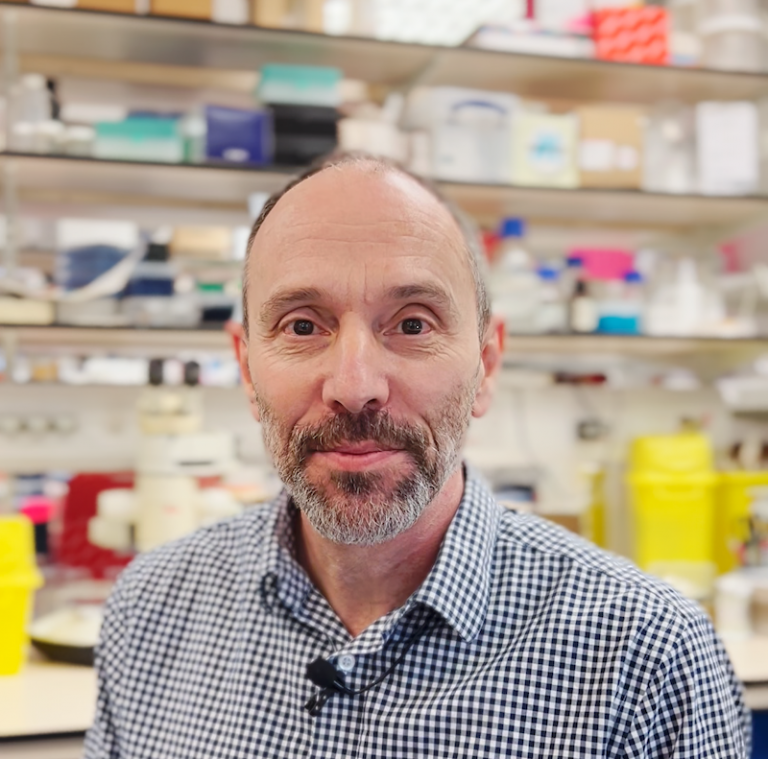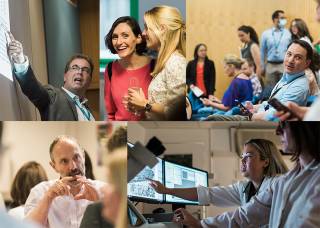We speak to Marcus Fruttiger, Professor of Experimental Ophthalmology, at UCL Institute of Ophthalmology, about his career and cutting-edge Bioscience Entrepreneurship MSc programme.

Tell me more about your background – what attracted you to this field and why is it important?
My background is in neuroscience, and I have spent most of my academic career researching the cause of eye diseases and how we may be able to cure them. This has placed me at the interface between scientific research and clinical/commercial applications, which I really enjoy as it is an area where I can live out my passion for science and at the same time also be directly involved in an area where medical advances have tangible impacts.
Why do you think a programme like this is needed?
Many bioscience students are fascinated by modern science and the amazing opportunities it can bring, but they don’t want to pursue a research career in academic labs. Instead, they may aim for careers where they can apply their scientific background towards the translation of science into clinical or commercial settings. Usually, scientists underestimate the complexities of translating laboratory discoveries into practical applications. On the other hand, traditional entrepreneurs often lack the expertise to fully understand the scientific basis of applications, which is the reason why people who can bridge that gap are in demand. Our course aims to develop the competence of students to a point where they can excel at this interface.
What’s unique about the Bioscience Entrepreneurship MSc programme at UCL?
Our programme stands out because we make a conscious effort to bridge the gap between academic science and business. This is reflected by the mix of UCL departments that deliver this MSc. The UCL Moorfields Institute of Ophthalmology has a strong track record in scientific discovery as well as in clinical applications, spinouts, and industry collaborations. The programme is further supported by the School of Pharmacy and Institute for Clinical Trials & Methodology. The School of Management completes the package with its exceptional strength in entrepreneurial and managerial teaching. Importantly, our programme is not focused on a particular field of bioscience, instead, we explore the underlying general principles and approaches that apply to the whole sector.
What are you looking for in ideal candidates that apply to the Bioscience Entrepreneurship MSc?
We are looking for proactive minds who are passionate about modern bioscience and get excited by the commercial opportunities it offers. The workload in the programme can be challenging and requires a committed, and tenacious personality.
Can you share examples of what students have done after this programme?
The majority of our students have used their year with us to transition into the workforce. Internships that have been set up in the context of the thesis project often facilitated this. Roughly about half our students from last year now work as analysts or associate consultants. Others have jobs in pharma and biotech, and a couple have already set up their own enterprise.
How does the programme support students in developing a successful career in the Bioscience sector?
In our programme, we not only equip students with a broad understanding of the drivers and obstacles in applied bioscience, but we also aim to develop their analytical skills and entrepreneurial mindsets. Furthermore, we actively support for students to expand their networks, amongst peers as well as academics and associated industries to enable their future professional careers.
Links
 Close
Close



